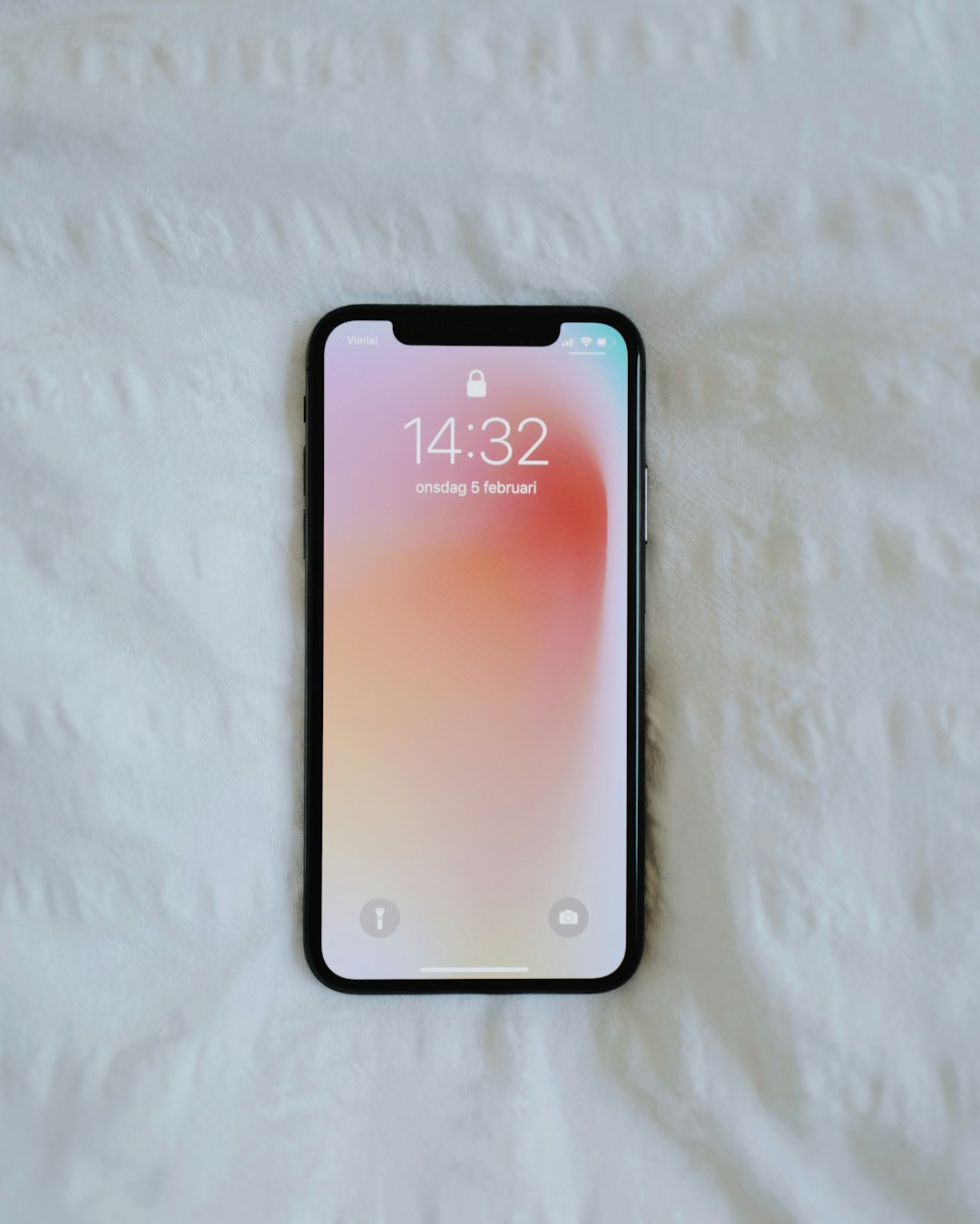Unwanted call attorneys Georgia specialize in navigating strict state and federal laws against unsolicited marketing calls, texts, and emails. By securing explicit consumer consent, businesses avoid legal issues, build trust, and comply with regulations like TCPA. These attorneys hold offenders accountable, protect consumer rights, and guide marketers to implement clear opt-in mechanisms, transparent records, and easy withdrawal options to minimize complaints from unwanted call attorneys Georgia.
In Georgia, understanding consent in marketing communications is paramount to avoid legal pitfalls. With stringent consumer protection laws, marketers must navigate the intricacies of the Consent Law to ensure ethical practices. This article delves into crucial aspects, including unwanted calls, consumer rights, and obtaining valid consent. We explore best practices for marketers and the pivotal role of attorneys specializing in privacy cases, offering guidance to stay compliant and protect against potential penalties, especially from unwanted call attorneys in Georgia.
Consent Law in Georgia: What You Need to Know

In Georgia, the importance of consent in marketing communications cannot be overstated. The state has a clear Consent Law that protects consumers from unwanted calls, texts, and emails. According to this law, businesses must obtain explicit consent from individuals before initiating any form of marketing communication. This means that companies cannot bombard consumers with unsolicited messages; instead, they must ensure that every interaction is welcomed.
Unwanted call attorneys in Georgia play a crucial role in enforcing these regulations. They help businesses navigate the complexities of consent laws and provide guidance on how to obtain and manage consumer permissions effectively. By adhering to these rules, marketing teams can avoid legal issues, maintain customer trust, and foster better relationships with their target audiences.
Unwanted Calls: Legal Implications for Marketers

In Georgia, making telephone calls without prior consent, often referred to as unwanted calls, is regulated by state and federal laws. The Telephone Consumer Protection Act (TCPA) prohibits marketing or telemarketing calls unless the caller has obtained explicit permission from the recipient. Marketers who disregard these rules face significant legal consequences, including treble damages and attorney fees. Unwanted call attorneys in Georgia play a crucial role in holding offenders accountable and protecting consumers’ rights.
If caught violating consent laws, marketers may be subjected to lawsuits that can result in substantial financial penalties. Consumers in Georgia have the right to silence their phones from unsolicited calls, and businesses must respect these wishes. Engaging unwanted call attorneys can help companies understand and adhere to legal boundaries, ensuring compliance and minimizing risks associated with telemarketing practices.
Consumer Rights and Marketing Ethics

In Georgia, as in many places, marketing communications must navigate a delicate balance between promotion and respect for consumer rights. Understanding and obtaining consent is a cornerstone of ethical marketing. This becomes especially critical when dealing with telephone marketing, where an unwanted call can quickly turn into a legal issue. Consumer protection laws in Georgia, including those related to telemarketing, are designed to empower individuals to control their personal information and communication preferences.
Marketing professionals must recognize that consent is not merely a box to check; it’s a ongoing process of respecting consumer choices. For instance, while an “unwanted call” attorney in Georgia might be able to help consumers manage excessive or unsolicited calls, proactive measures by marketers—such as clear opt-out options and data privacy practices—are crucial in fostering trust and ensuring compliance with consumer rights.
Obtaining Valid Consent: Best Practices

Obtaining valid consent is a cornerstone of ethical marketing in Georgia, designed to safeguard consumers from unwanted communications and potential legal issues. Marketers should focus on obtaining explicit permission from individuals before reaching out, ensuring their rights are respected. This process involves clear and concise opt-in mechanisms during initial interactions, such as sign-up forms or checkboxes. It’s crucial to provide easily accessible options for individuals to withdraw consent later, without any barriers or complexities.
Best practices include using plain language that avoids legal jargon, offering multiple consent channels (email, phone, text), and keeping records of consent grants and withdrawals. Additionally, transparency is key—be open about the purpose of communication, frequency, and how data will be used. Engaging with consumers on their terms fosters trust and reduces the risk of complaints or actions by unwanted call attorneys in Georgia.
The Role of Attorneys in Privacy Cases

In Georgia, as in many states, the role of attorneys is pivotal in navigating privacy cases, especially those involving unwanted calls. When consumers face relentless phone calls from marketers, they have legal recourse. Attorneys specializing in this field help protect individuals’ rights by offering guidance on when and how to file complaints with regulatory bodies. They also represent clients in court if necessary, ensuring that businesses adhere to strict consumer protection laws.
Unwanted call attorneys in Georgia play a crucial role in holding marketing firms accountable. These legal professionals use their expertise to interpret complex regulations and advocate for their clients’ interests. Their work underscores the importance of consent in marketing communications, promoting a more respectful and compliant industry practice.






